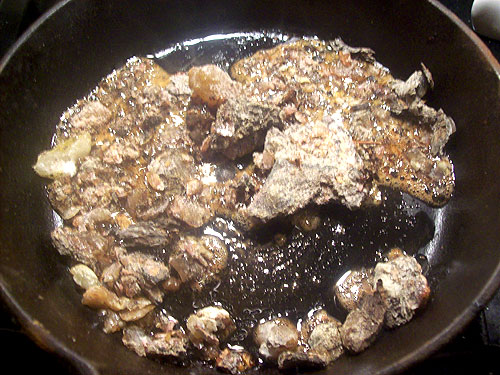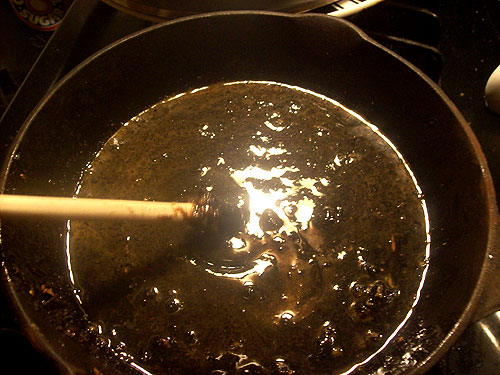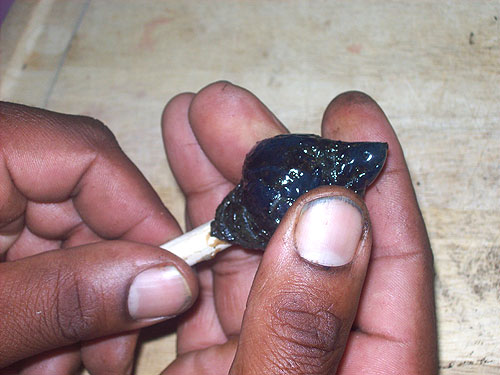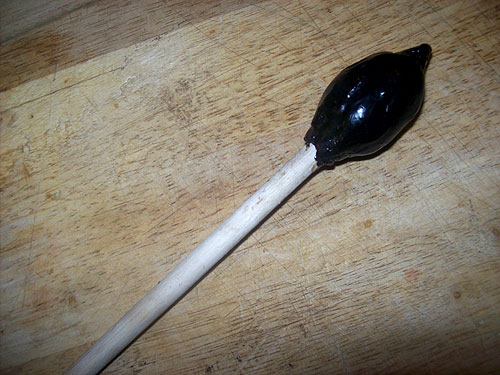How to: Make Pitch: (Blood of the Trees)
Share
Video
Also known as "nature's glue".
Sources:
Pitch is coniferous tree sap from:
Pine
Spruce
Firs
Cedar
Gum Trees
Hardening Agents:
Pitch needs powdered hardening agenst such as:
Charcoal from fires
Mollusk Shells
Eggshells
Gourds
The finer the powdered agent the better
Charcoal is the least waterproof
Mollusk Shell is good for flexibility
Eggshell is best for waterproofing
Heat pitch to burn off turpentine. Watch exposure to high heat. Bees' wax or bayberry wax may be added.
Harvesting:
Make a pitch-stick by:
Drilling
Cutting a limb
Collect from the end of a "sweating" log in a fire.
Preparing Pitch:
Melt sap, do not let bubble
Heat pitch to burn off turpentine
Watch exposure to high-heat
Add 1:1 ratio of hardening agent and/or wax.fire.
Instructions
1). Find a pine or coniferous tree that has seeping open wounds. Use a rock, stick or blade to scrape or chip at the dried sap into a container...
2). Now prepare to process the tempering agent. Eggshell, mollusk shells, dried grasses, dried herbivor dung, bees-wax, and charcoal should be added to your pitch. Different tempering agents have different properties, here, I will use is charcoal from a fire...
3). crush the tempering agent into a fine powder...
4). the finer the better...
5). Melt your collected pitch in a hot container over a low fire...here I am using a small cast-iron skillet. In the bush a hot rock, or fired clay would work...be very carful to not bring the pitch to a boil as it melts. At this stage you just want to burn of the turpentine in the pitch.
6). now add your hardening agent...a good ratio is 5 parts pitch to 1-2 parts hardening agent...
7). still on low heat, stir and mix the agent with the pitch...
8). being careful not to burn yourself, tilt the cooking vessel to one side to allow the pitch to collect a cool down a bit...
9). as the pitch begins to cool, take your pitch-stick and start to twirl the up the pitch...
10). pitch cools and starts to harden very quickly, you may have to reheat your pitch as you start to collect and twirl the sticky, gooey substance on to your stick. When it is cool to the touch it is very pliable and you may start to shape the pitch on to your stick. BE CAREFUL NOT TO BURN YOURSELF!
11). You basically want to create a lollipop on the end of your stick to create a pitch-stick for storage and application.
12). I add a tip or point to my pitch-sticks so that all I have to do is lightly heat the tip and apply where necessary...in this case I am gluing the weight onto a hand-spindle. As the pitch hardens you can re-heat gently and re-shape to as desired.
top↟



















